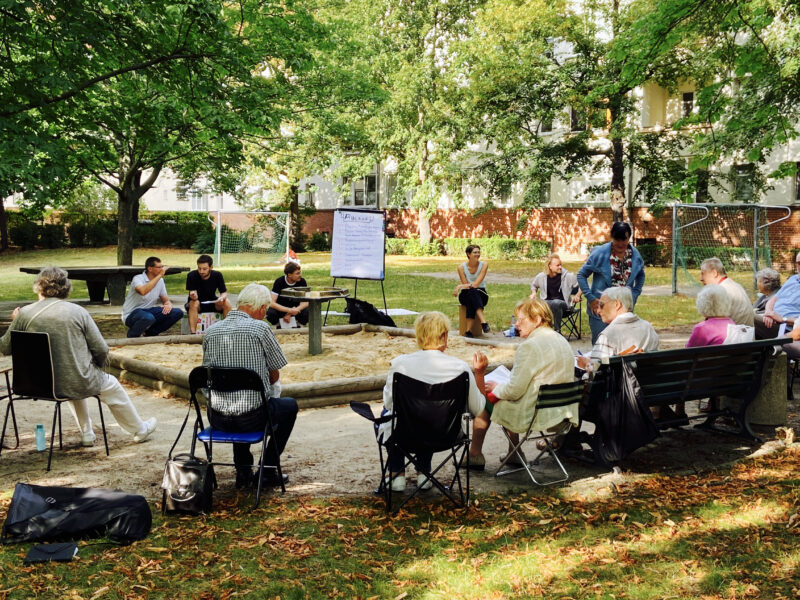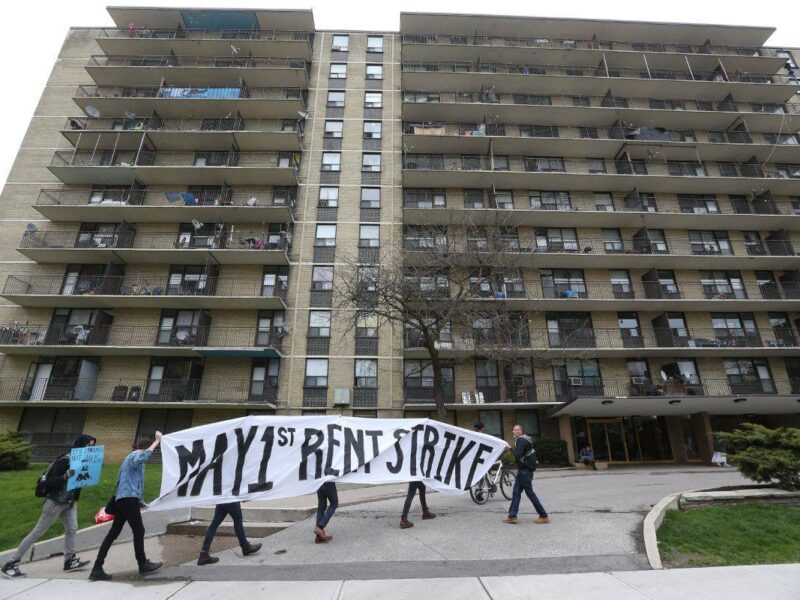Issue 3.1
Tenant organizing, scholar activism, and global south perspectives as alternative infrastructures of knowledge production
This issue of RHJ offers a range of perspectives, analyses and themes to understand the many challenges that dwellers face when confronting and struggling for access to housing. Embedded within it, we present two special issues, one on tenant organizing and resistance, and a second on urban activist scholarship. We also include numerous conversations on COVID-19 and related housing struggles in the Global South.
Cover photo: Michele Lancione
https://doi.org/10.54825/WAMD5849
Editorial
The Long Read
Southern Conversations
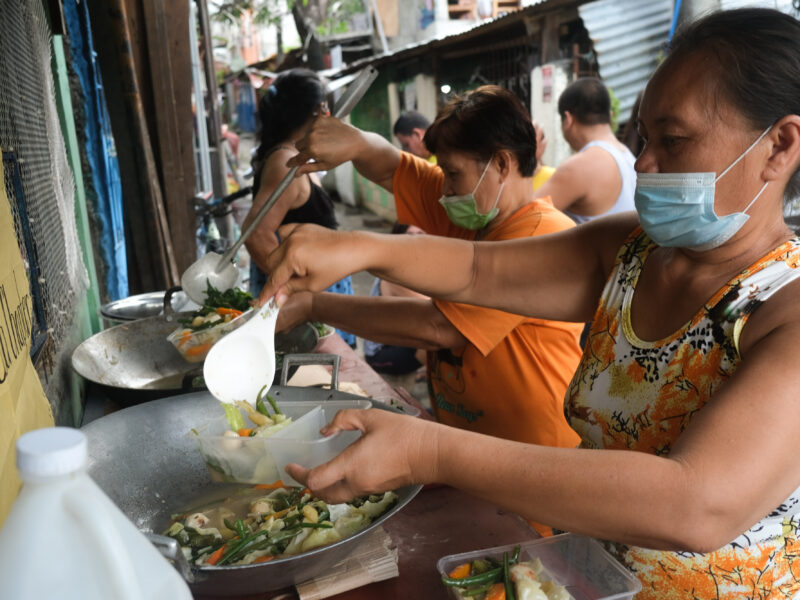
Coping with fears
Urban struggles in the Greater Manila amid COVID-19 and beyond
Michael Beltran with Hung-Ying Chen, and Ana Vilenica
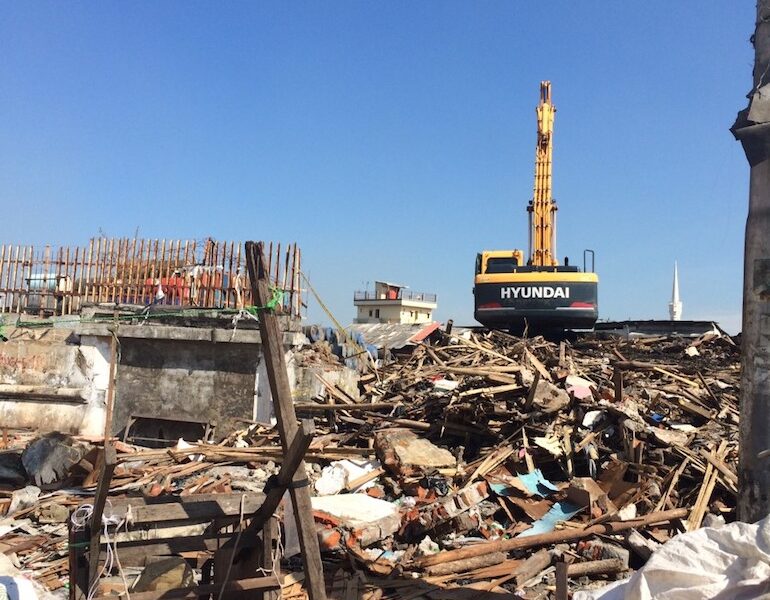
‘Pluralizing lockdowns’
Grassroots responses to housing in Jakarta amid COVID-19
Elisa Sutanudjaja and AbdouMaliq Simone with Michele Lancione, Hung Ying Chen

Housing struggles and domestic territories in Argentina during the pandemic
Lucía Cavallero, Florencia Presta and Verónica Gago with Ana Vilenica, Solange Muñoz

How the COVID-19 pandemic has shaped housing struggles in Lebanon
Mona Fawaz, Mona Harb, Karim Nammour, Farah Salka with Michele Lancione, Ana Vilenica

State interventions, inequalities and people as infrastructure at times of COVID-19 in Lagos, Nigeria
Taibat Lawanson, Victoria Ibezim-Ohaeri, Deji Akinpelu with Ana Vilenica, Michele Lancione, Samantha Thompson
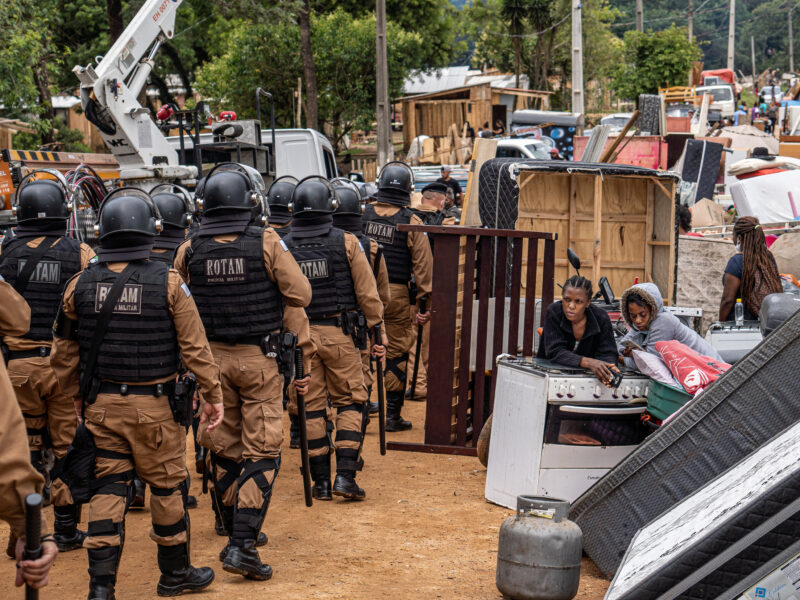
Intensification of, and responses to, housing struggles in Brazil under the Covid-19 pandemic
Maria Carolina Maziveiro with Alejandra Reyes and Erin McElroy
Updates
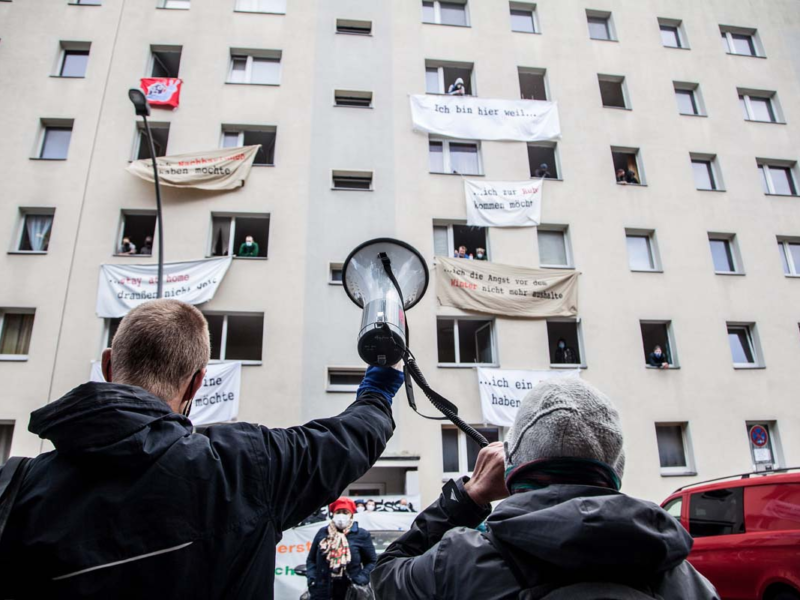
Occupation for expropriation in Berlin
River H. and Leerstand Hab Ich Saath
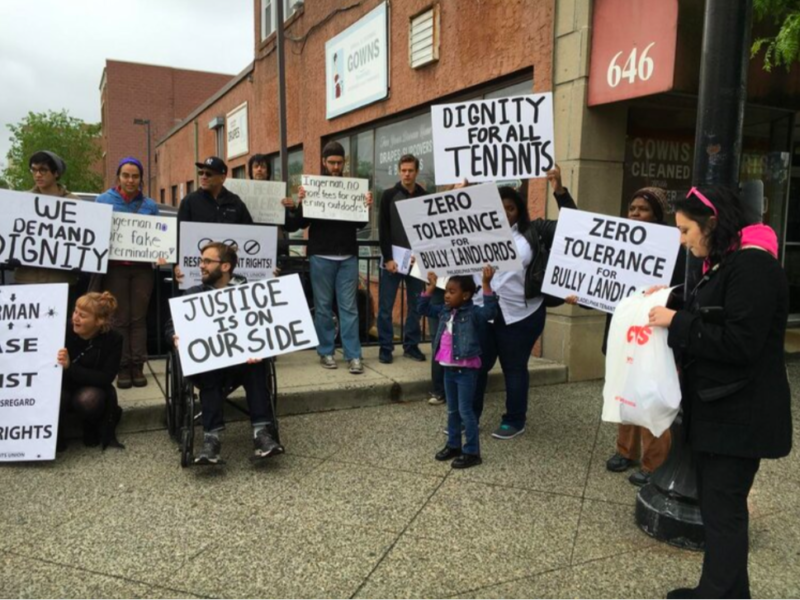
Autonomous Tenants Union Network
La Red de Sindicatos de Inquilinos Autónomos
Autonomous Tenants Union Network
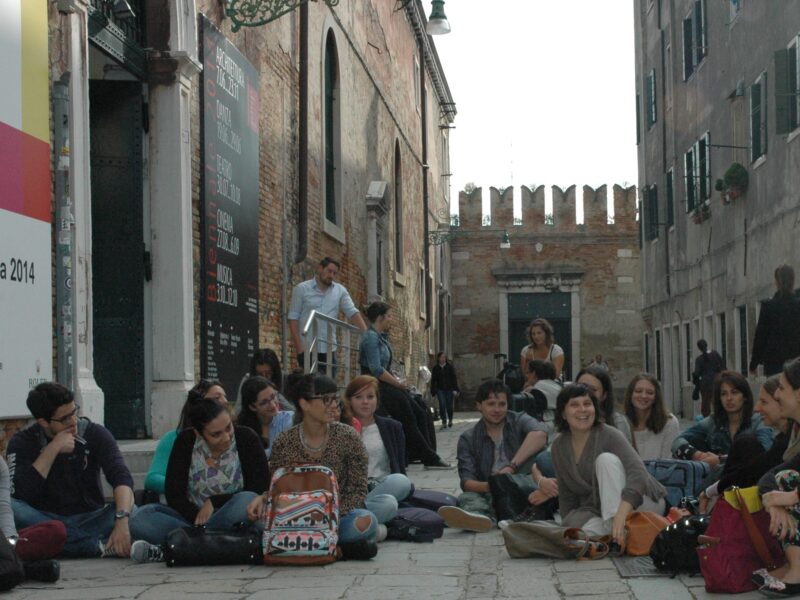
Sandra, her research and “doing together”
ETICity – Exploring Territories, Imaging the City

Community Land Trusts (CLTs) as a strategy to promote affordable housing in California
Lucero Garcia Mondragon and THRIVE Santa Ana CLT Board Member

Solidarity as a temporary social infrastructure
Anti-eviction struggles in Serbia during the pandemic
Ana Vilenica, Vladimir Mentus, Tanja Šljivar, Petra Murić (Združena akcija Krov nad glavom/the Roof)
3.1 Special Issue
Tenants organizing: precarization and resistance
In 2019 we organized a conference casting light on the housing crisis and especially on the historical and contemporary organization of tenants to contest housing inequalities. By placing housing struggles and tenants’ organization at the centre of the debate we aimed at exposing and politicizing current capitalist development and, hopefully, at proposing a different view of how housing can be organized and imagined by discussing how resistance can be used, with what effects and how it can be connected to other struggles. This special issue is a result of this conference dealing with tenants’ organization in different contexts examining how tenants organize(d), why and what could be learned from it. In this introducing text we give an overview of this field of research by asking why tenants’ mobilizations are important to study, what is still under-studied in the field and which perspectives are important to raise in future research.
Cover photo: Erin McElroy
Editorial
The Long Read
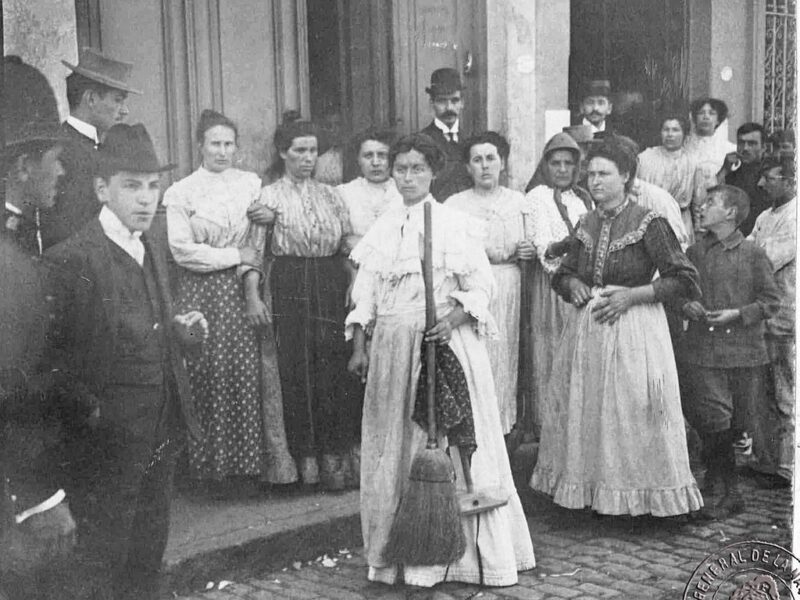
A tale of two cities: the tenants’ strikes of 1907-1908 in Buenos Aires and New York
Exploring the global historical roots of tenants’ organization
Lucas Poy

Lotta Continua and the Italian housing movement in the 1970s
Ancient history or present challenges?
Monica Quirico

A Union for Tenants
Tenant militancy in Gothenburg as a historical example
Hannes Rolf
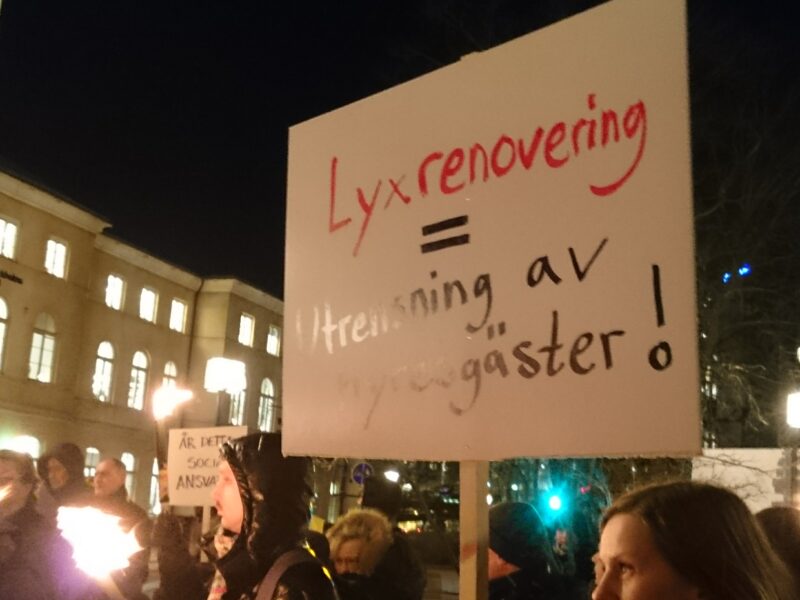
Resisting renovictions
tenants organizing against housing companies’ renewal practices in Sweden
Dominika V. Polanska and Åse Richard
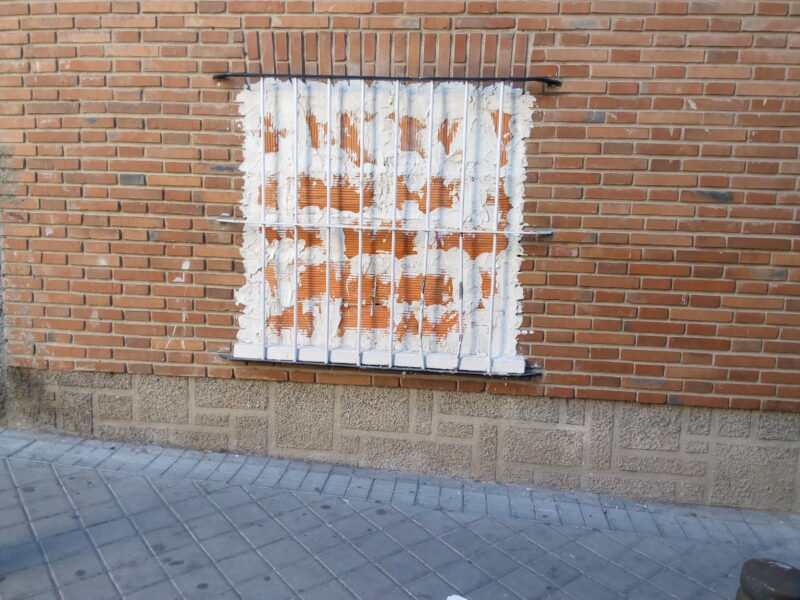
Housing is not a crime
Madrid’s post-crisis squatters’ movement tell our story through activist research
Tom Youngman and Laura Barrio
Conversations
Updates
3.1 Special Issue
On Activist*scholarship
Following a conference on Urban activism in 2019 and an article on activist*scholarship published in the last issue of this journal, we present here a reflection on how the recent convergence of housing activism and urban scholarship can contribute to articulate a new form of producing knowledge for action. The consequences of the Covid-19 pandemic exacerbated many of the elements that were already stimulating outburst of rebellion throughout the world; the role of activist*scholars may be crucial to connect and convey local episodes into a global view, and way, for change.
Cover photo: Max Rabus and Patrick Daniels
https://www.instagram.com/_patrickdaniels_/
https://www.instagram.com/maxrbz/
Editorial
Reflections
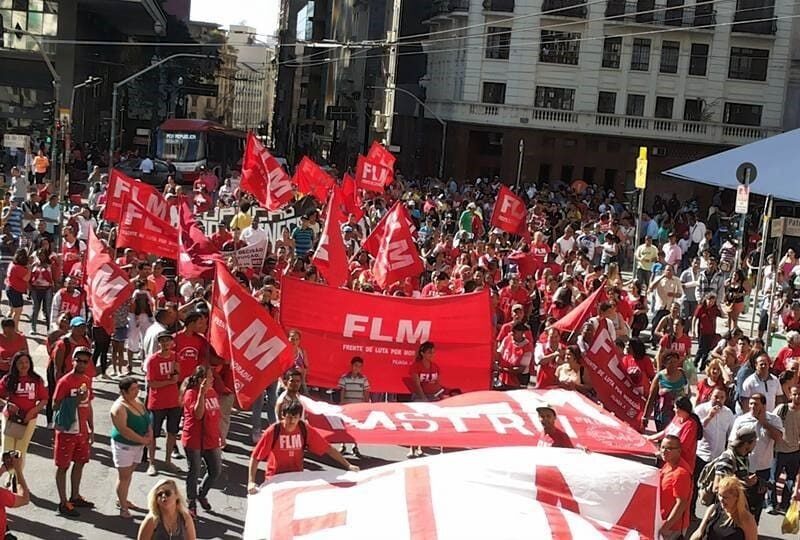
The homeless and the struggle to exist
Welita Caetano
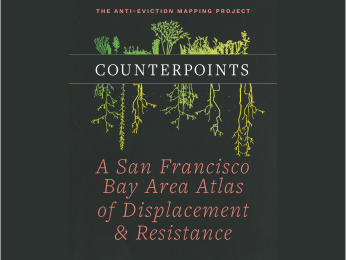
Reflections on doing the work
City Life Vida Urban and the Anti-Eviction Mapping Project
City Life/Vida Urbana, and Manissa M. Maharawal and Erin McElroy of the Anti-Eviction Mapping Project
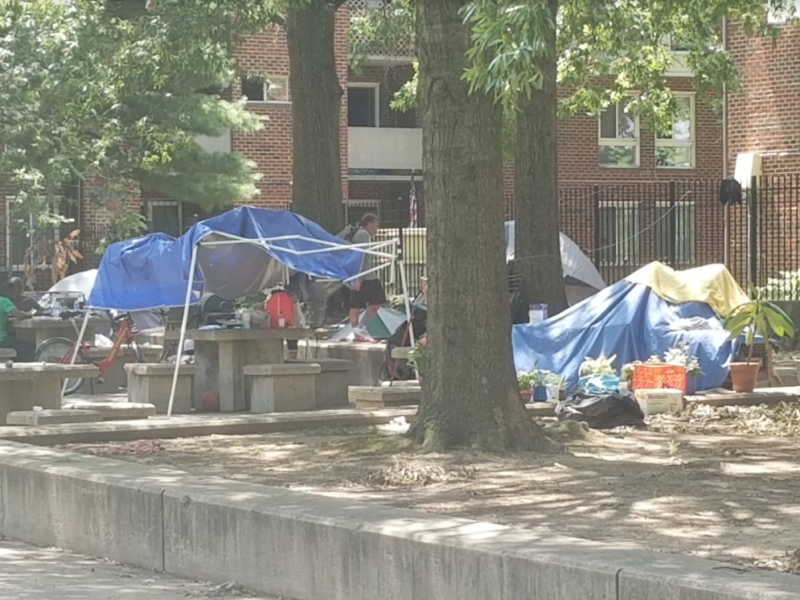
“Is gentrification a municipal crime?”
Reflections and strategies on “Urban Activism: Staking Claims in the 21st Century City"
Dominic T. Moulden
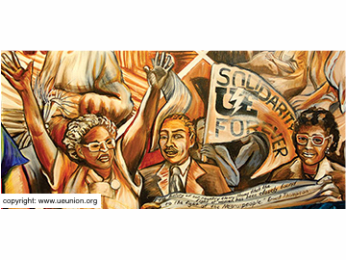
Thoughts on “Scholar*Activist”
Mindy Fullilove

Responsibility and commitment in urban scholar-activism
Perspectives from an anthropologist and a geographer
Michael Herzfeld and Loretta Lees
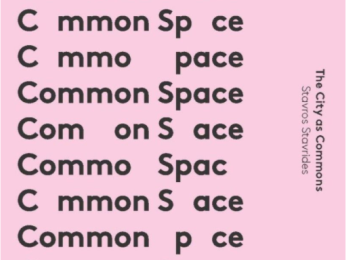
Commoning as collective reflex
Emerging creative practices, reinhabiting public spaces, resisting carceral societies
Stavros Stavrides

